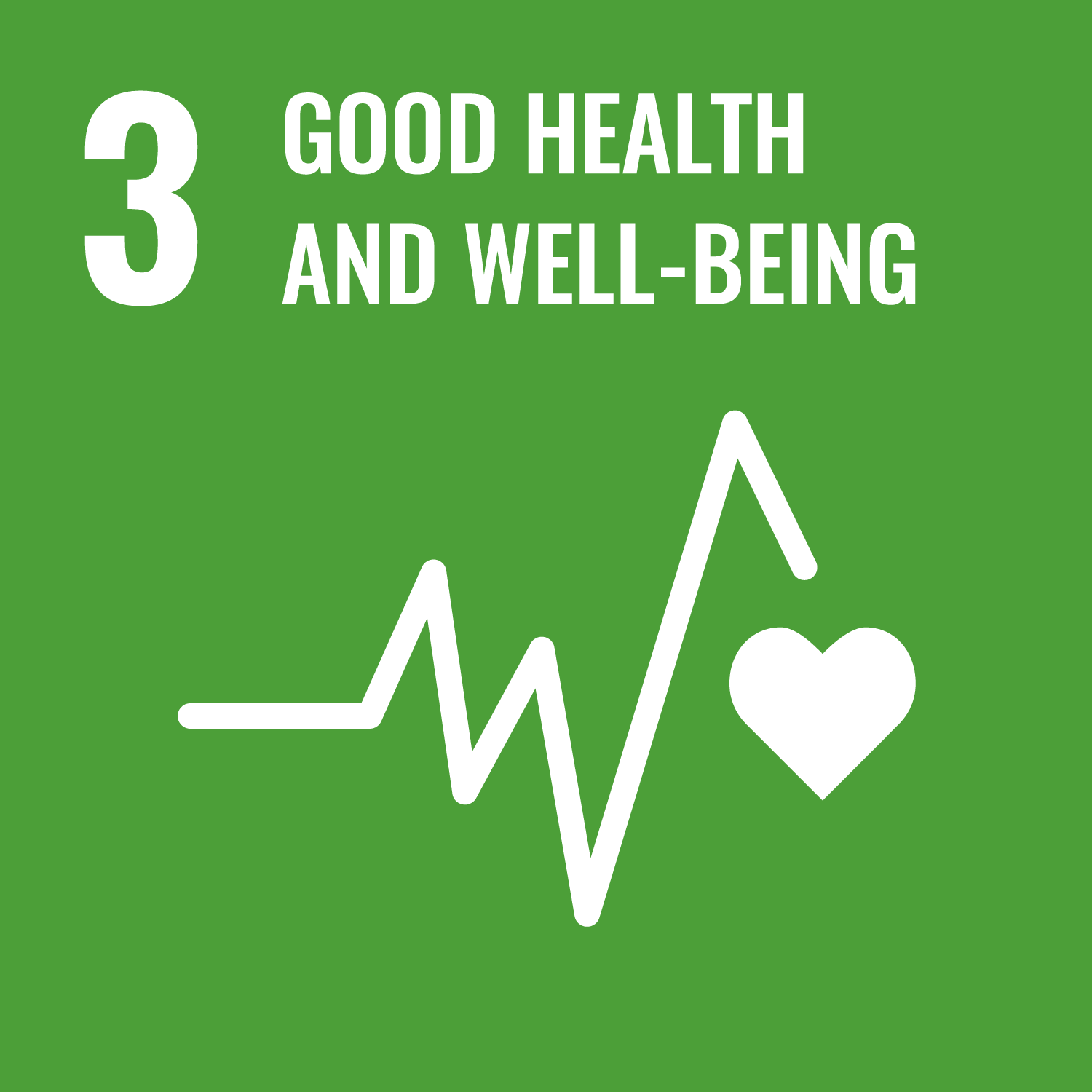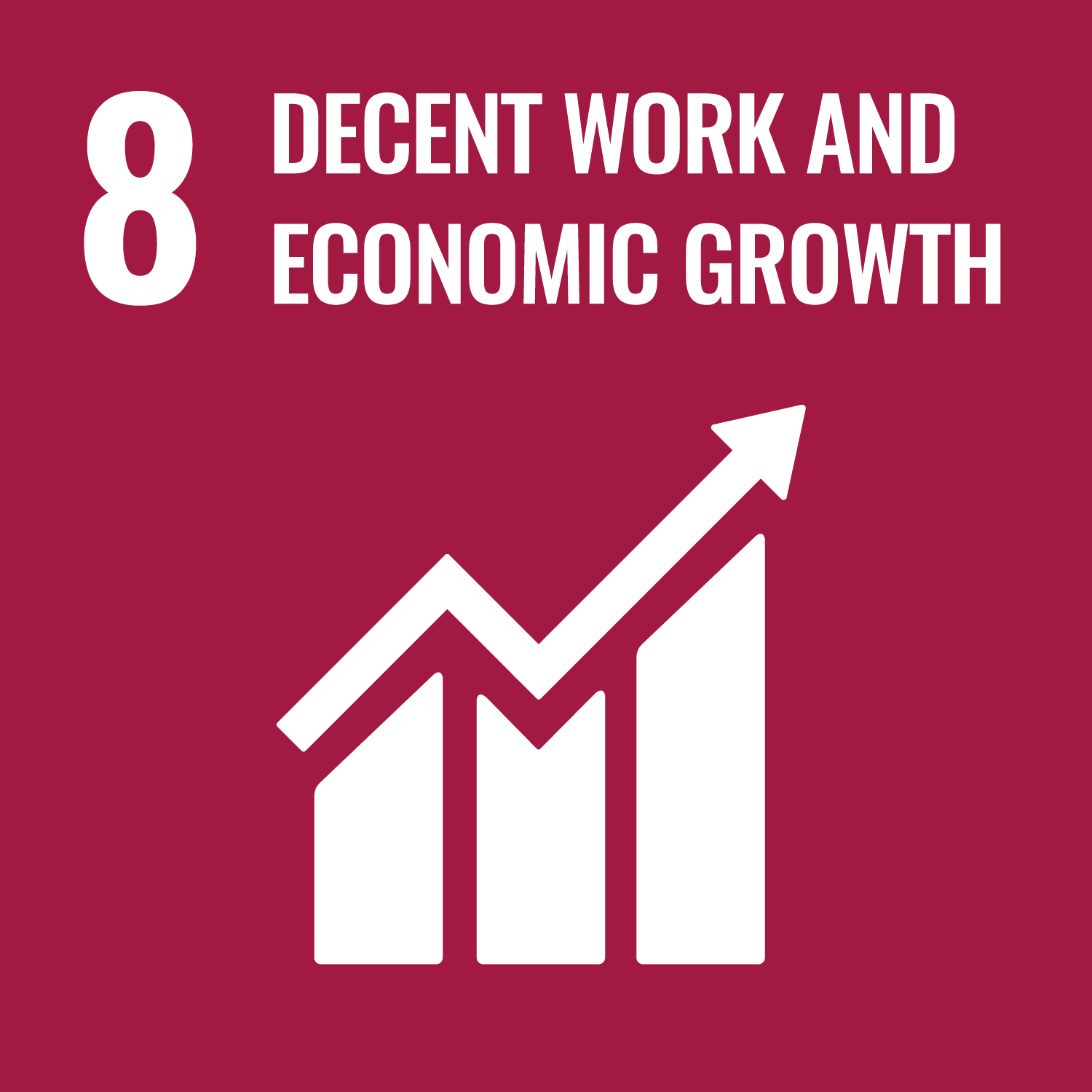This blog article considers the status of lesbian, bi and queer (LBQ) women in Kenya, the impacts of the existing LGBTQI movement, and the specific forms of activism needed to promote the rights of LBQ women. The blog opens with a brief background of homophobia in Kenya before looking at the existing LGBTQI movement and its impacts. The blog notes that the existing LGBTQI movement has prioritised gay men over other diverse SOGI identities–and that LBQ women are multiply marginalised as a result of their gender identity and sexual orientation.
The article then discusses LBQ women’s experiences of street harassment, verbal and physical abuse, and the disparities between Nairobi and coastal or other rural areas. The role of conservative Christianity and Islam is discussed, citing the hostility in Mombasa (a majority Muslim city) as evidence of law enforcement bias.
Patriarchy and its impacts on LBQ women is explored, specifically considering the experiences of LBQ women with ostracisation, education access and economic inequality. The issue of corrective rape is then discussed. Gerald Hayo, a member of advocacy organisation Rainbow Women of Kenya, says that families often organise corrective rape of young LBQ women. The intersecting nature of homophobia and patriarchy are discussed in this context.
The specific work needed to promote the rights of LBQ women and girls is then explored: sexual and reproductive health and rights (SRHR) and income generating projects are specifically identified. The acute lack of mental health resources is also discussed.
The article concludes by noting that homophobic legislation creates and perpetuates these inequalities and puts LBQ women in danger.








